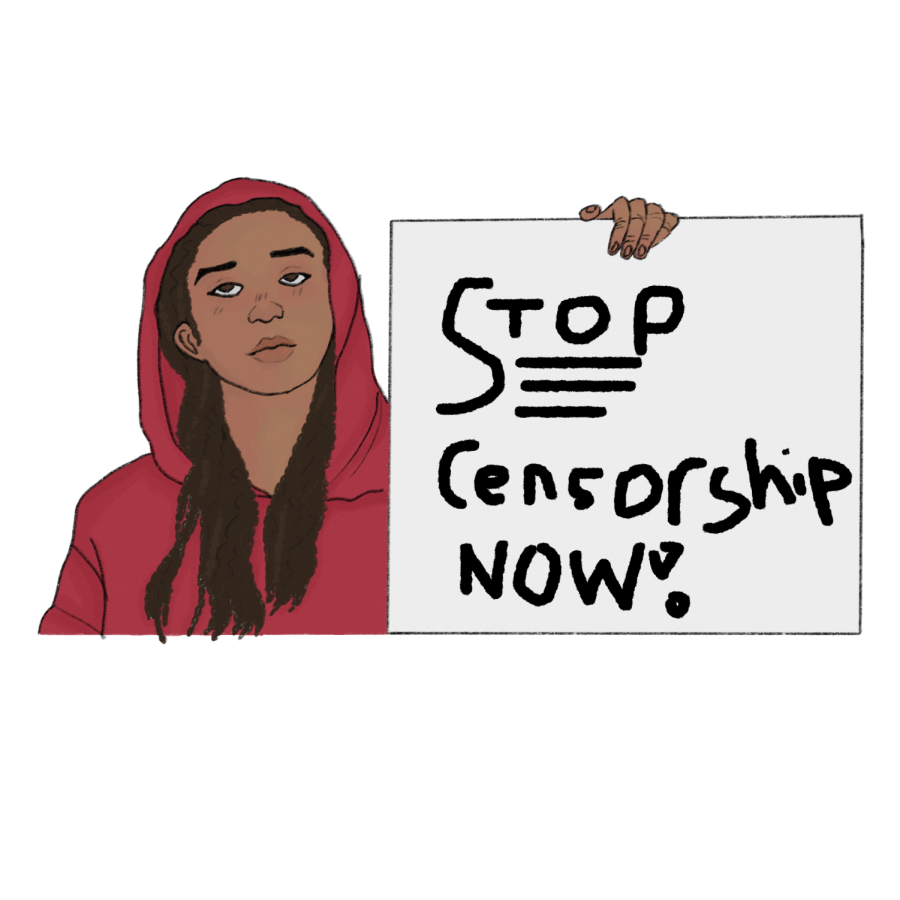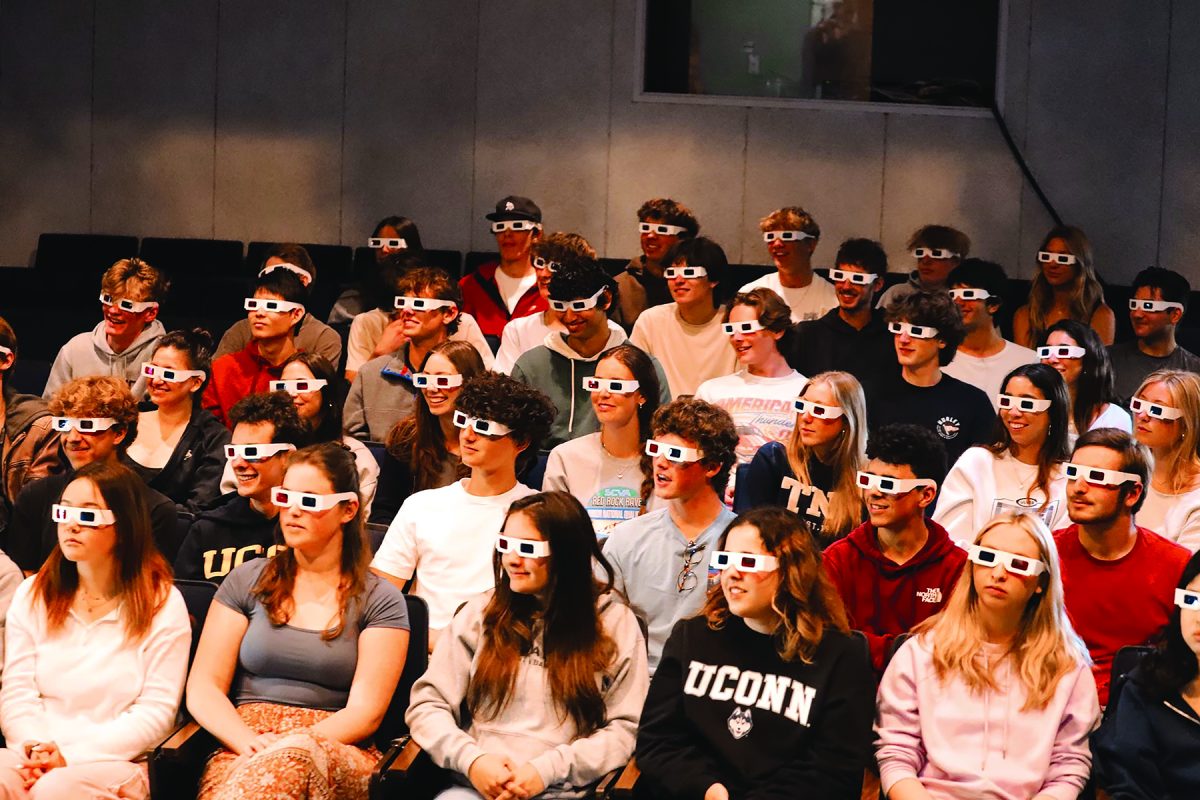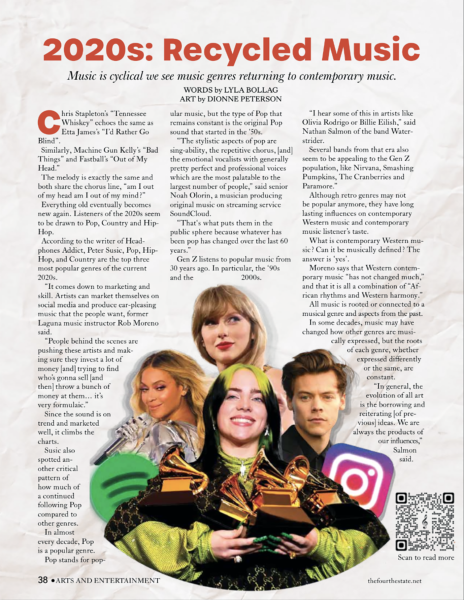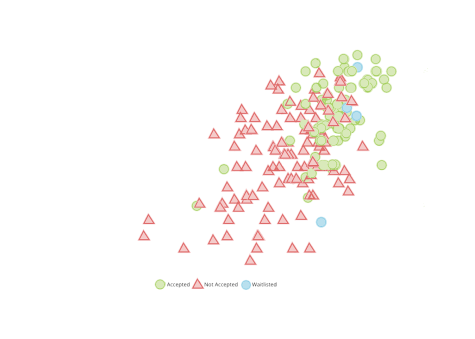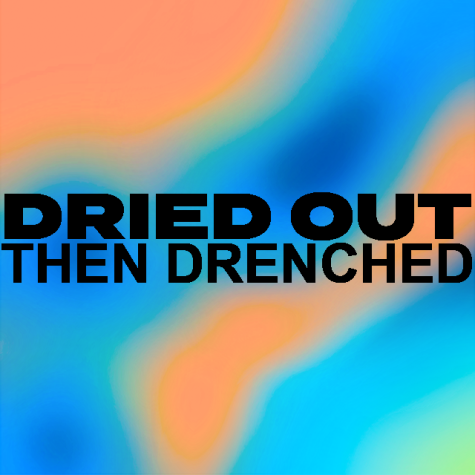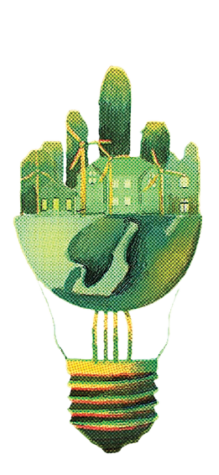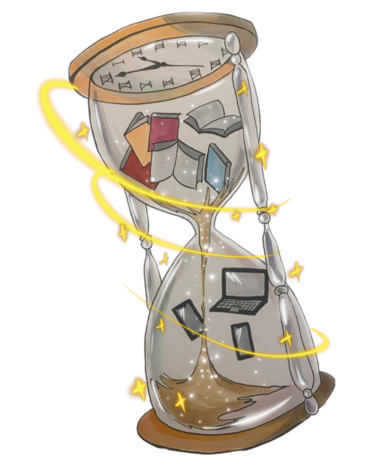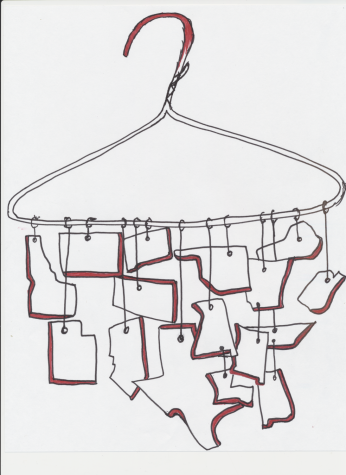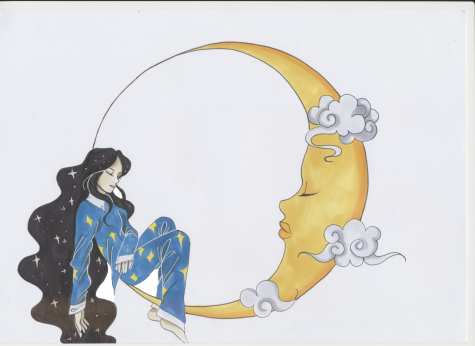Banished Books
Schools across the country are censoring books and curriculum according to conservative ideology.
April 28, 2022
For children, stories often act as portals into the lives and cultures of others.
To understand the essence of literature, readers place themselves in the characters, and, as we get older, we put ourselves in the minds of characters. We appreciate the stories of people and contexts across the globe.
We develop empathy and form pathways between the reader and the storylines lived by other people through stories. American author Christopher Paolini depicts the bridge between narratives and real life.
“At this point in our country, political views, namely the sharp division between liberal and conservative ideology, is the fuel for almost every debate and until we invent telepathy, books are our best choice for understanding the rest of humanity.”
In over 30 states across the United States, conservative school boards are fighting to remove “offending” literature, which also happens to be predominately stories depicting how harmful bigotry can be.
Recently, the school district of Oneida, Illinois, “disallowed” the teaching of Angie Thomas’ “The Hate U Give (THUG)” for controversial content.
According to WQAD News 8 in Moline, Illinois, the action took place to “indefinitely postpone taking action to either suspend or allow a young-adult novel from being taught.”
In Katy, Texas, the Katy Independent School District banned the same book from classrooms and libraries across the entirety of the district because of “discussion of drug use and explicit language.”
A parent at a school board meeting in Dubois, Pennsylvania worried about “The Hate You Give,” which focuses on a teenager who killed his childhood friend by the police. The book was described as inappropriate “because it features elements of police brutality, profanity, racism, drug use, and violence.” This is one of the thousands of books raising controversy; it represents the intensity of the censorship throughout many southern school systems.
Censored black author Jason Reynolds responded to address the backlash. “The heartbeat of racism is denial, and the history in ‘Stamped’ will not be denied, nor will young people’s access to this book be canceled.”
“The Hate you Give” serves as a meaningful novel for students to read, yet it is one of the novels on the chopping block.
“To take away THUG from schools is to take away a book that is accessible and feels incredibly powerful and contemporary and relevant to what is going on today and the historical and cultural legacies of racism and slavery that are working throughout our current lives,” said English instructor Ashley Tidey. “Canonical texts vs. non-canonical texts; what should be read in the classroom is huge, and I think perhaps what is most important is to have the conversation not only with other teachers but with students.”



